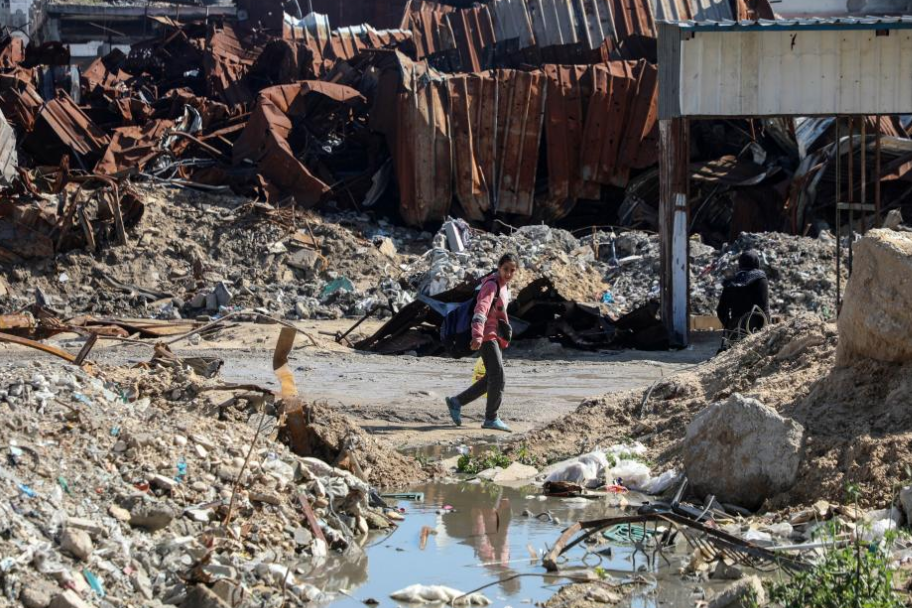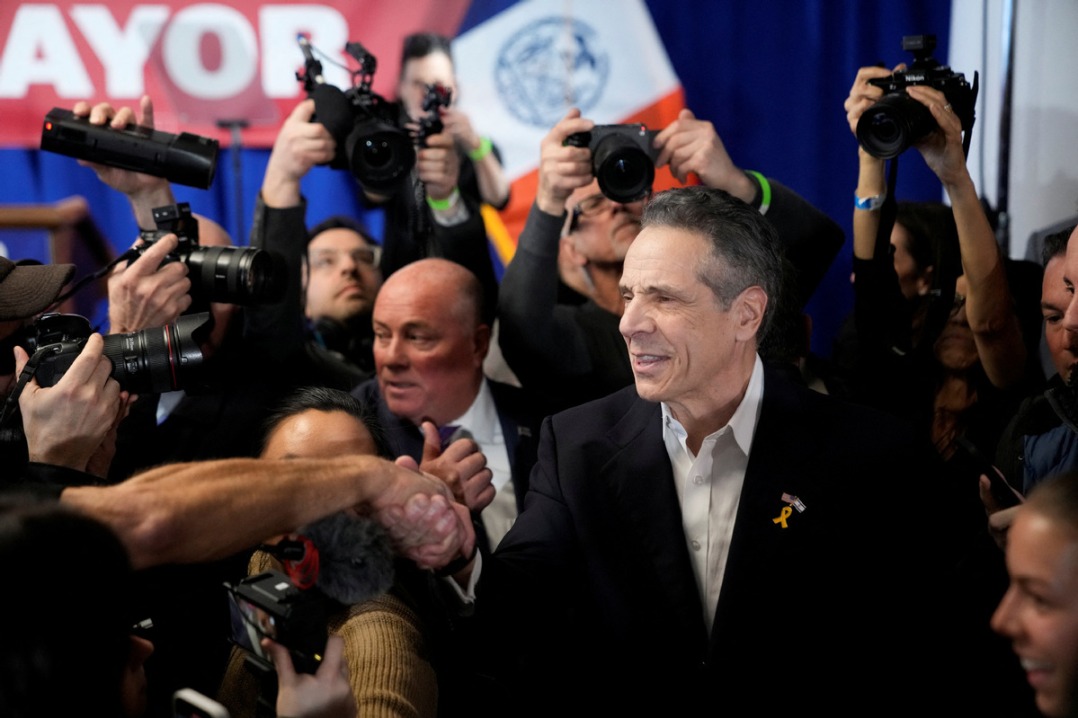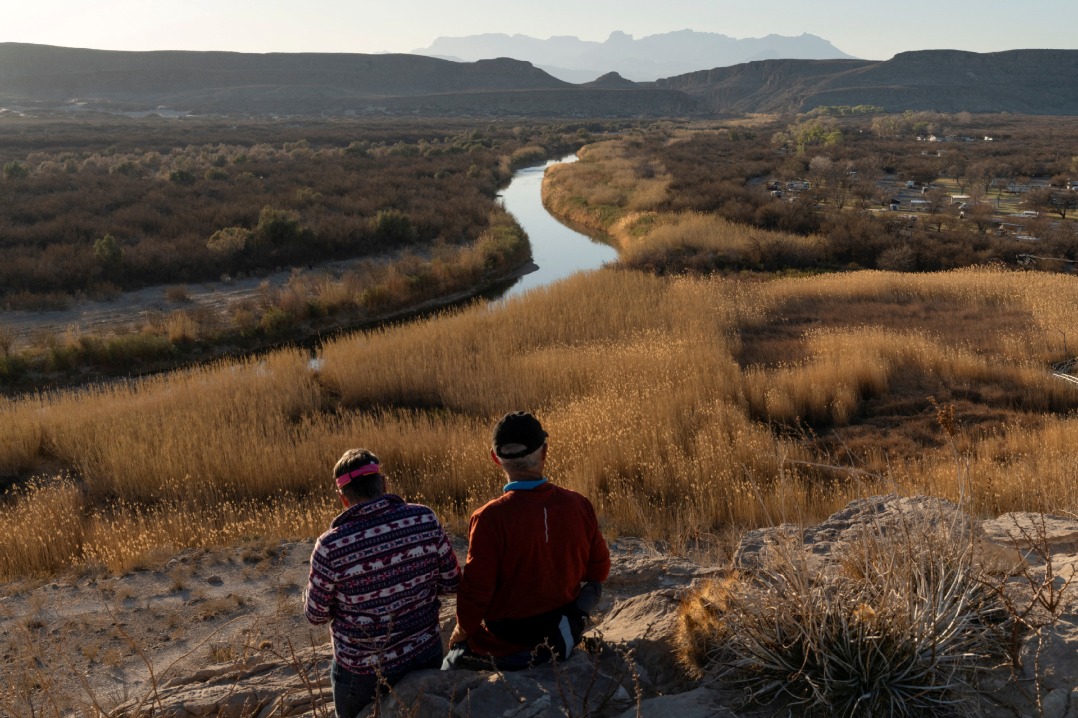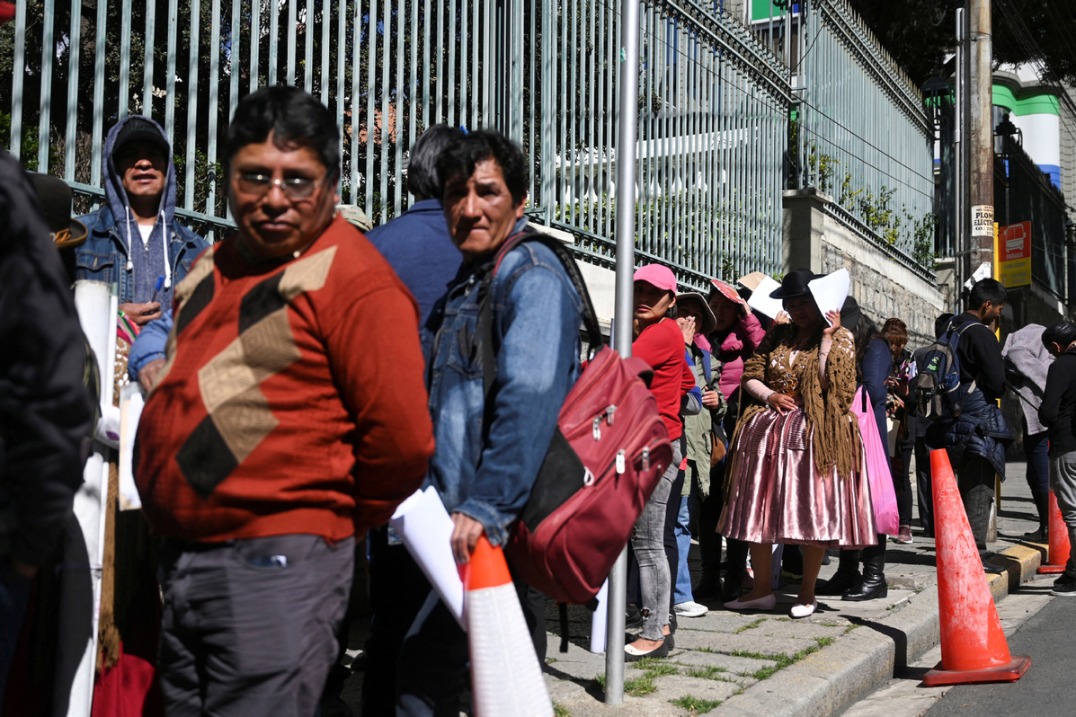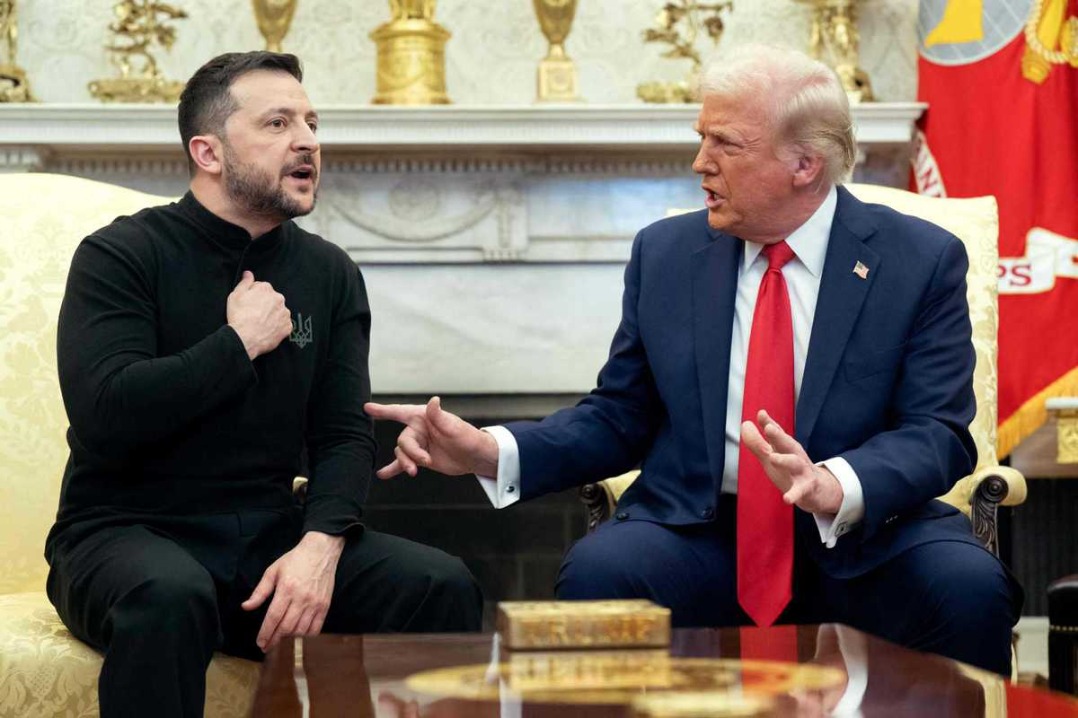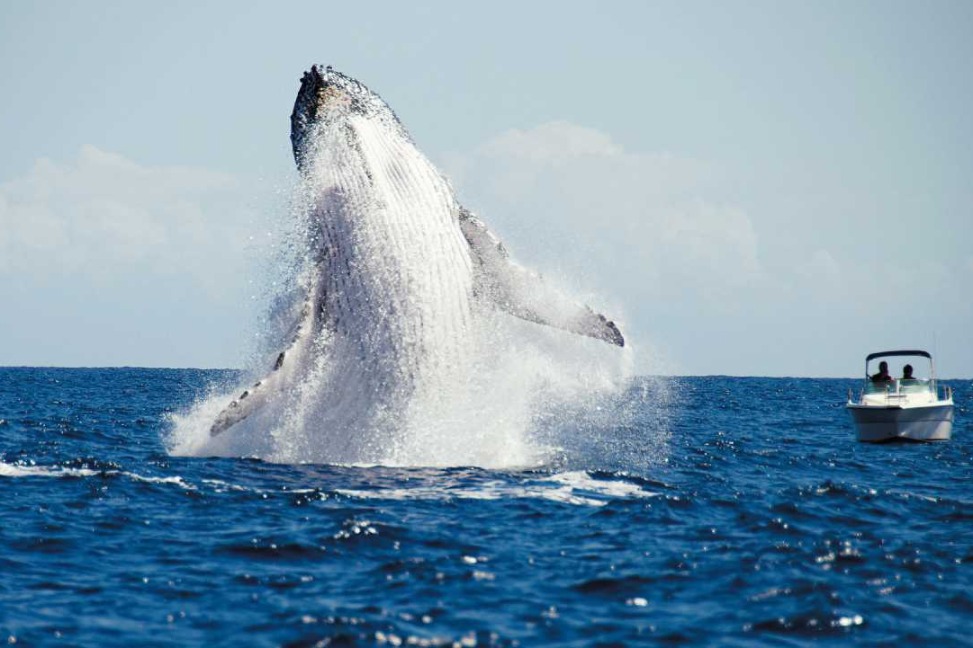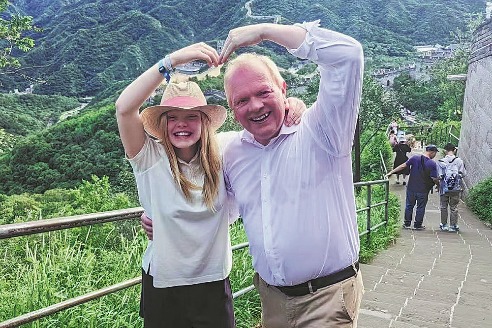German coalition talks face early tension

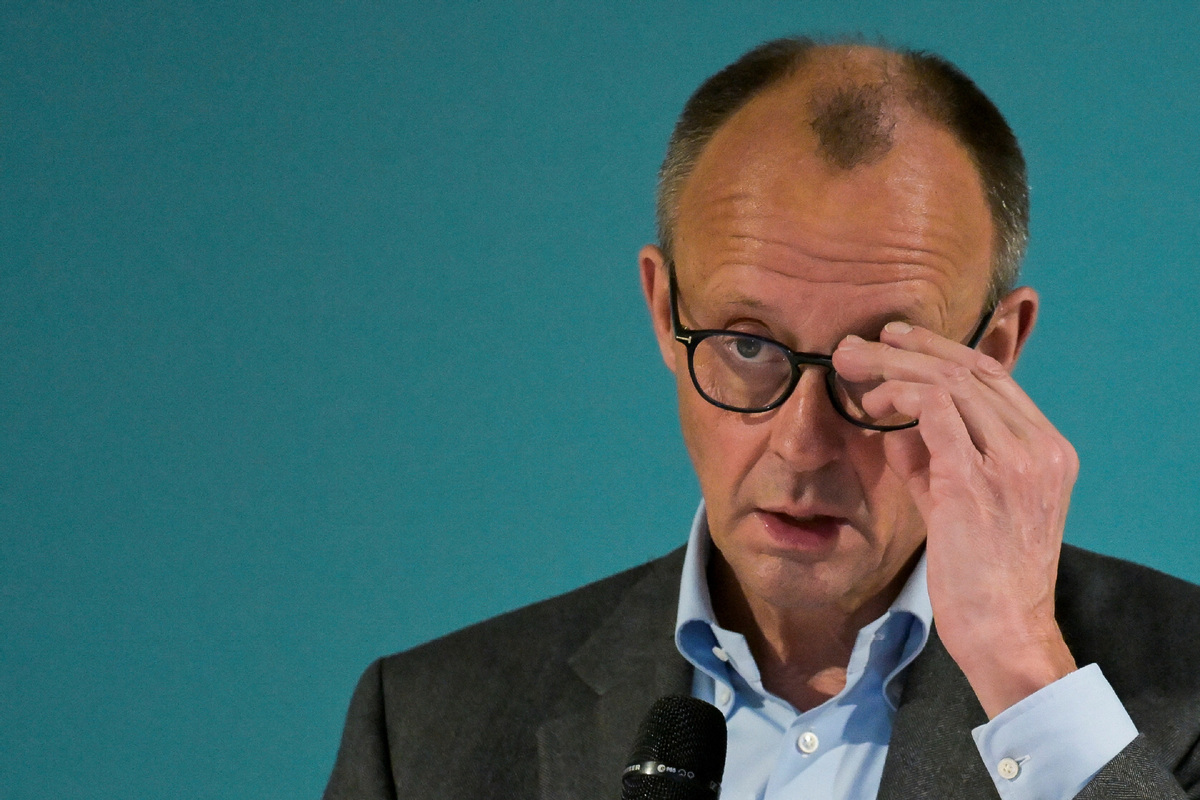
Germany's conservative bloc has sparked tension with its potential coalition partner by launching an inquiry into state funding of non-governmental organizations that recently organized protests against it.
The conservative Christian Democratic Union/Christian Social Union, or CDU/CSU, alliance, led by Friedrich Merz, secured a victory in the national election held on Feb 23. The CDU/CSU received 28.5 percent of the votes, positioning Merz to become Germany's next chancellor.
The NGO funding issue emerged last week as the conservative alliance began exploratory talks with the outgoing Social Democrats, or SPD, aimed at forming a new government coalition, highlighting early tensions in the negotiation process.
In recent weeks, street demonstrations erupted across Germany, with protesters opposing the CDU after the party joined forces with the far-right Alternative for Germany, or AfD, to vote through proposed strict immigration policies.
Protesters argue that the CDU's actions had broken a long-standing taboo, or "firewall" in German politics by breaching the traditional barrier between mainstream parties and the far right.
Germany's Deutsche Welle News, or DW, reported that the demonstrations were coordinated by various NGOs, independent civic and advocacy groups that work outside of government, including Grannies against the Right, the nature conservation organization NABU, and Munich is Diverse.
Besides donations and membership fees, many of these protest organizations receive government funding, while also benefiting from tax exemptions as charitable groups.
However, they must navigate a delicate balance: while they can engage in social advocacy, they are not allowed to participate in partisan political activities.
The CDU/CSU alliance claims some NGOs have crossed this line during the protests. In mid-February, the bloc's financial spokesperson, Mathias Middelberg, told media he would scrutinize federal funding programs "very critically" to review beneficiaries and consider possible funding cuts.
Moving from words to action, the conservative alliance has now filed an official information request with the federal government.
The document states it was prompted by protests against the CDU, "which were partly organized or supported by charitable associations or state-financed organizations".
The extensive parliamentary request spans 32 pages and poses 551 questions about 17 different NGOs. Signed by chancellor-in-waiting Merz in his capacity as parliamentary leader of the center-right CDU, it essentially asked the outgoing SPD government whether civil society groups that had received government funding were politically neutral.
The SPD, Merz's preferred coalition partner, strongly objected to the request. According to Reuters, SPD parliamentary party leader Lars Klingbeil questioned the conservatives' commitment to coalition talks.
"I can't imagine a situation where we negotiate about investments in the army, railways and infrastructure in the morning and in the afternoon the conservatives call into question the organizations that defend our democracy," Klingbeil told Reuters.
"The conservatives really need to decide how seriously they want to take their talks with the Social Democrats... They should really think very hard about whether they are sticking to those questions," he added.
















